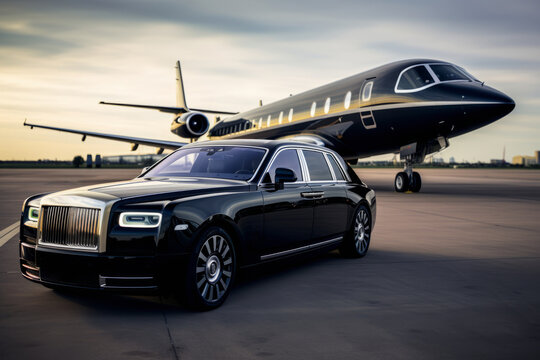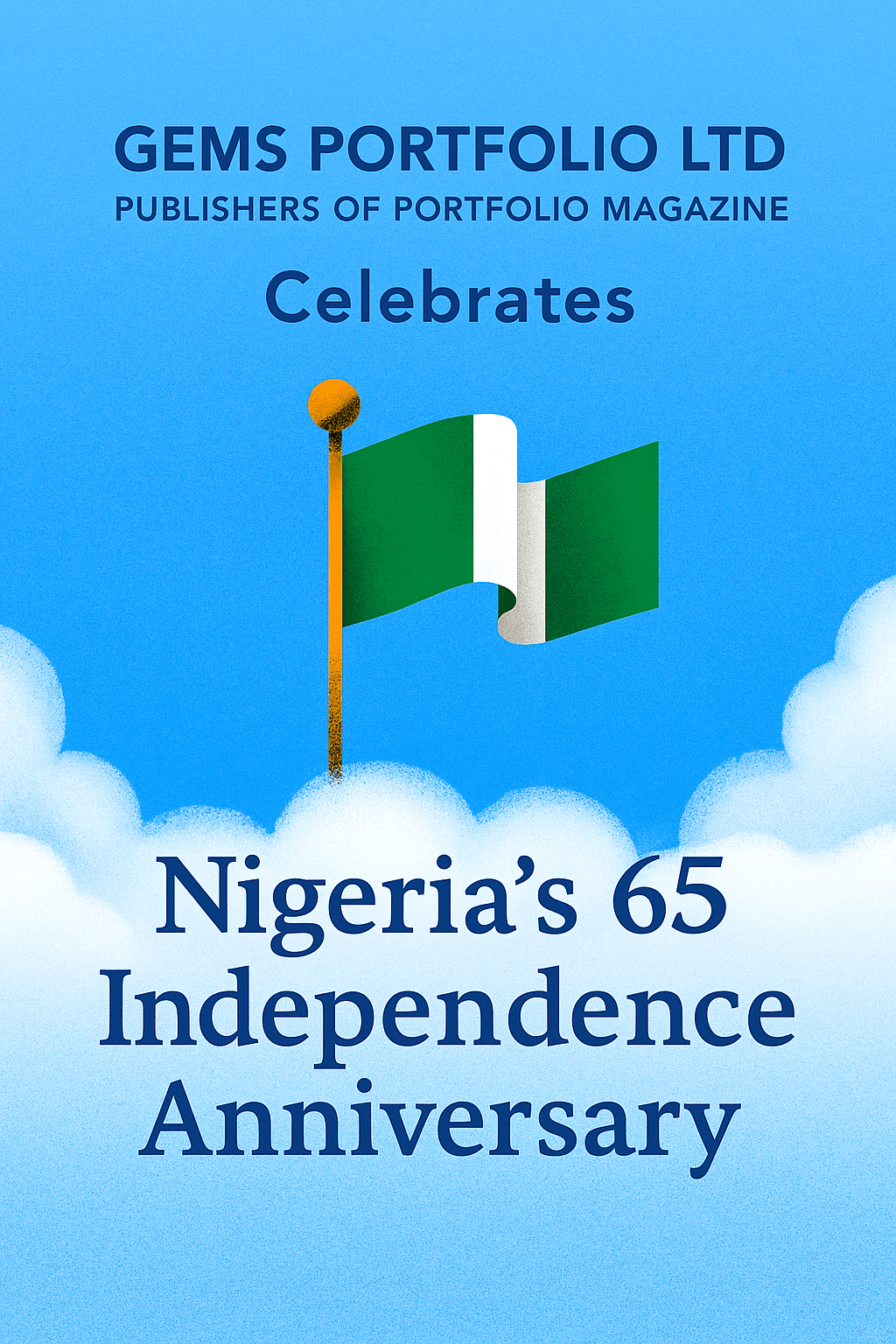
In most parts of the world, affluence is often associated with successful businessmen, music stars, movie stars, and artists. These individuals leverage their talents, skills, and business acumen to amass wealth, which they then use to enjoy a lavish lifestyle. However, in Nigeria, the narrative is strikingly different. Here, politicians, rather than entrepreneurs or entertainers, often live the most luxurious lives, funded by taxpayers’ money. This phenomenon has created a stark contrast between the lives of politicians and those of businessmen, leading to growing discontent and disillusionment among the populace.
Traditionally, wealth accumulation and an affluent lifestyle have been the rewards of entrepreneurial success and talent in the entertainment industry. Businessmen invest in ventures, innovate, and take risks to build successful enterprises. In return, they reap substantial financial rewards, which they can use to purchase luxurious items, travel the world, and live comfortably. Similarly, music stars, movie stars, and artists entertain millions, generating substantial income through their talents and hard work. Their flamboyant lifestyles are often seen as a testament to their success and a source of inspiration for many.
Read about “BUILDING A SUCCESSFUL ART BUSINESS IN NIGERIA”

In Nigeria, however, this traditional paradigm is disrupted. Politicians, who are supposed to be public servants working for the betterment of society, often end up as the wealthiest individuals. Their affluence is not a result of entrepreneurial risk-taking or artistic talent but rather the exploitation of their positions and the misuse of public funds. The political class in Nigeria is notorious for living exorbitantly, acquiring luxurious assets, and traveling extensively—all on taxpayers’ money while the average citizen grapples with challenges such as inadequate healthcare, erratic electricity, and subpar infrastructure.
The lifestyle of Nigerian politicians is characterized by opulence and extravagance. They reside in palatial mansions, drive expensive high end luxurious cars, and travel extensively—often in private jets. Their children attend prestigious schools abroad, and their healthcare needs are met in the best hospitals worldwide, all funded by public money. The contrast between their lives and those of ordinary Nigerians, who struggle with poverty, inadequate healthcare, and poor infrastructure, is stark and glaring.
This lavish lifestyle is sustained through various means. One common method is the misappropriation of public funds allocated for development projects. Politicians often inflate contracts, siphon funds, and engage in outright embezzlement. Additionally, they exploit their positions to secure lucrative business deals and kickbacks, further enriching themselves at the expense of the public.
This trend has created an environment where public office is seen as a lucrative venture rather than a platform for service. The allure of wealth and luxury associated with political office has led to intense competition, often marked by corruption, violence, and manipulation. The recent remarks by Senate President Godswill Akpabio at Wigwe’s funeral in Rivers State exemplify this situation. He candidly stated that the struggle for political office is driven by the immense benefits that come with it, suggesting that if Governor Fubura does not want to enjoy these benefits, he should step aside. This statement underscores the perception of political office as a means to personal enrichment rather than public service.
Read About “CHIMAMANDA NGOZI ADICHIE: INSPIRING A NEW GENERATION OF DIGITAL STORYTELLERS”
This political culture has severe implications for businessmen and entrepreneurs in Nigeria. Unlike politicians, who have access to public funds, businessmen must rely on their resources and face numerous challenges to build their enterprises. The environment is often hostile, with inadequate infrastructure, inconsistent policies, and bureaucratic bottlenecks hampering business operations. Additionally, high levels of corruption and nepotism mean that lucrative opportunities and government contracts often go to those with political connections rather than genuine entrepreneurs.
This situation creates a vicious cycle where true businessmen find it difficult to thrive, while politically connected individuals with little or no business acumen amass wealth through patronage and favoritism. It erodes the spirit of entrepreneurship and discourages genuine investment in the economy.



